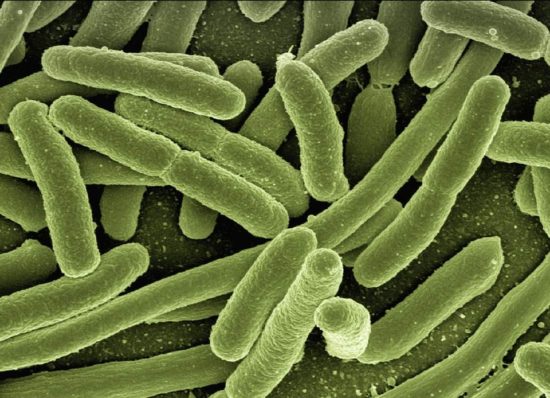Exploring the potential of bis(thiazol-5-yl)phenylmethane derivatives as novel candidates against genetically defined multidrug-resistant Staphylococcus aureus
Antimicrobial resistance is a global health concern, particularly in Staphylococcus aureus infections. A series of bis(thiazol-5-yl)phenylmethane derivatives were tested against Gram-positive bacteria, showing a selective mechanism against S. aureus. The most active derivatives, 23a and 28b, exhibited strong bactericidal activity against S. aureus and their biofilms. These compounds bind to S. aureus MurC ligase, forming bonds with MurC residues. The compounds showed favorable cytotoxicity profiles in macrophage models, suggesting potential for further development.
AMR NEWS
Your Biweekly Source for Global AMR Insights!
Stay informed with the essential newsletter that brings together all the latest One Health news on antimicrobial resistance. Delivered straight to your inbox every two weeks, AMR NEWS provides a curated selection of international insights, key publications, and the latest updates in the fight against AMR.
Don’t miss out on staying ahead in the global AMR movement—subscribe now!







